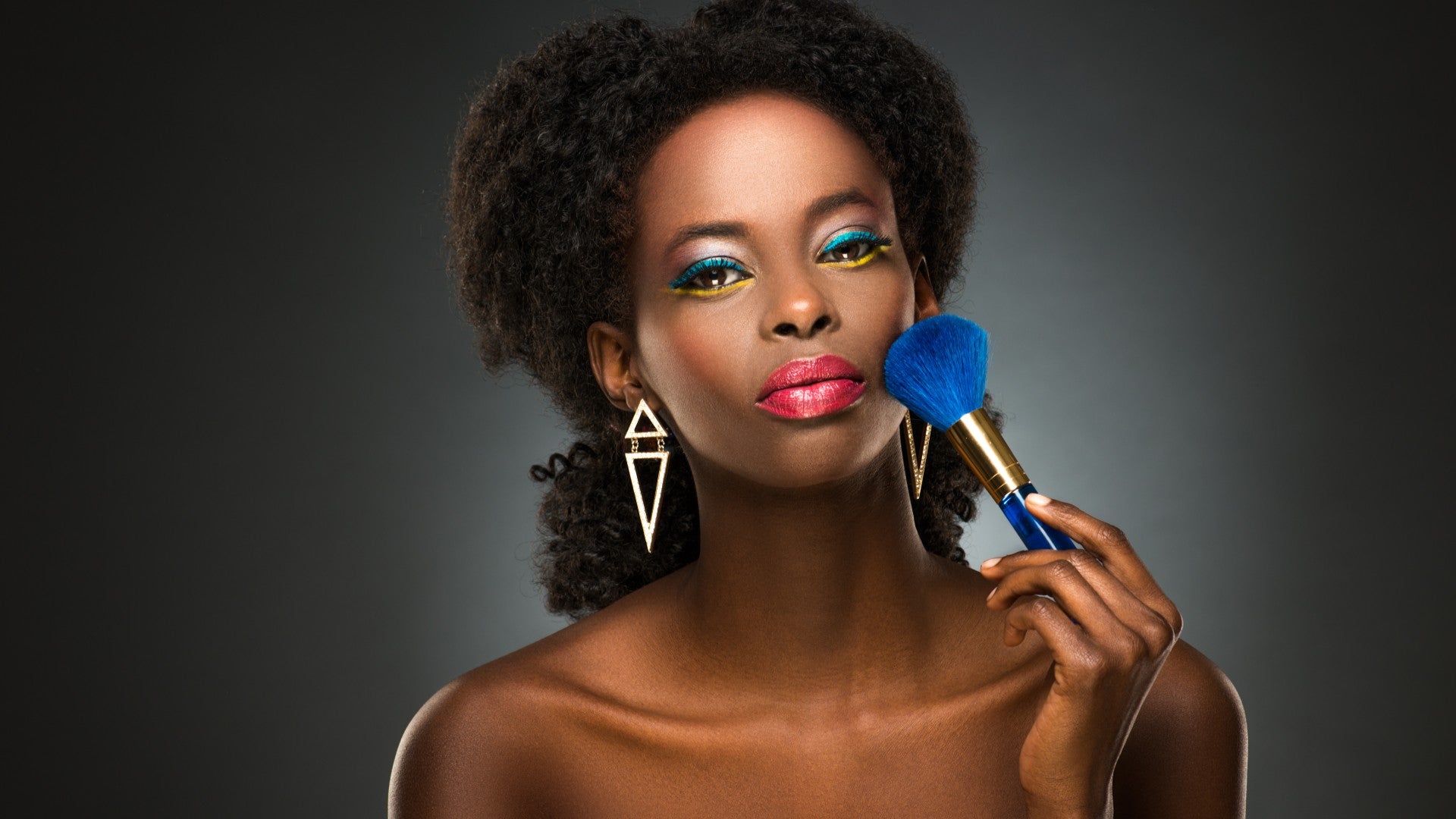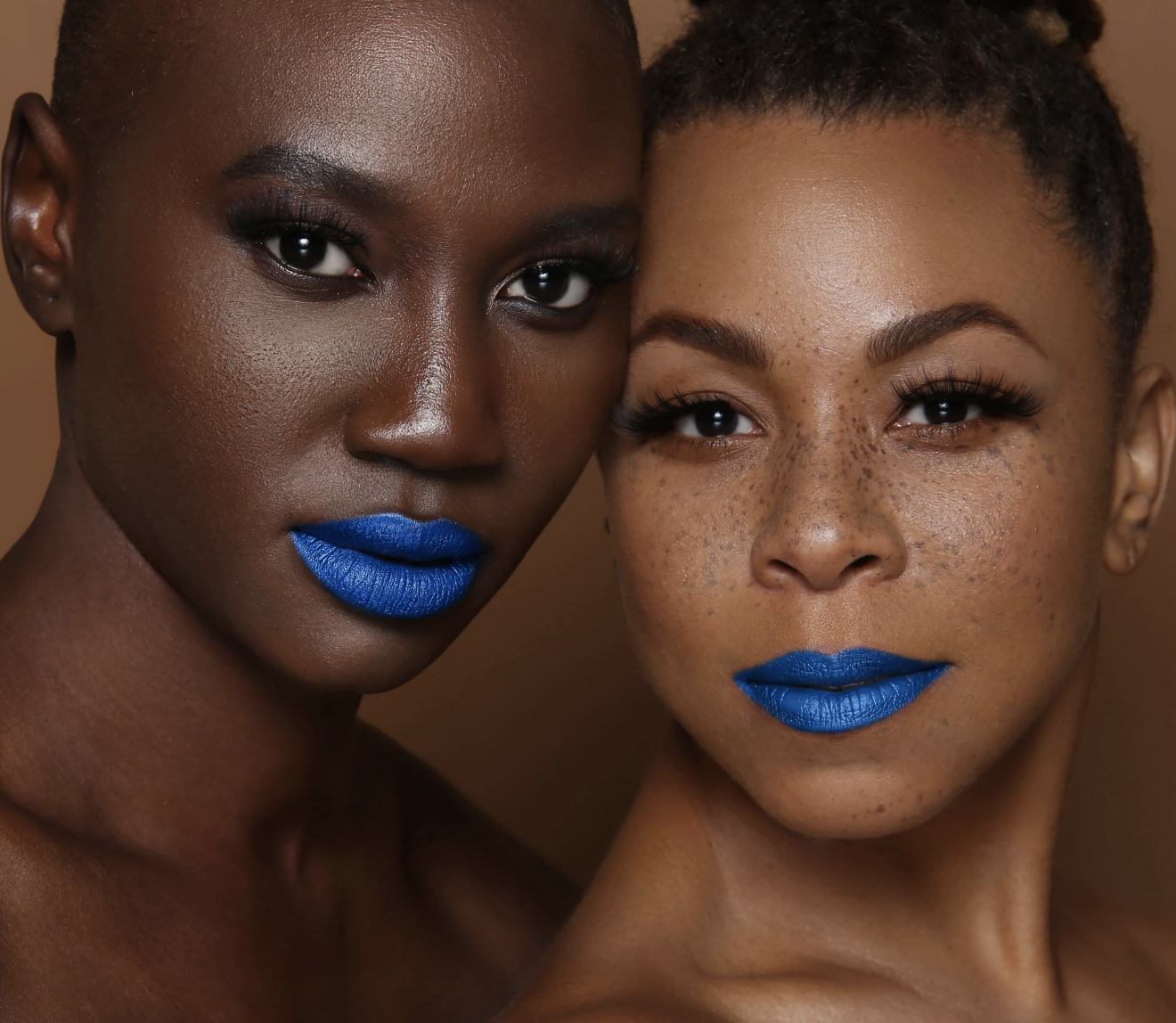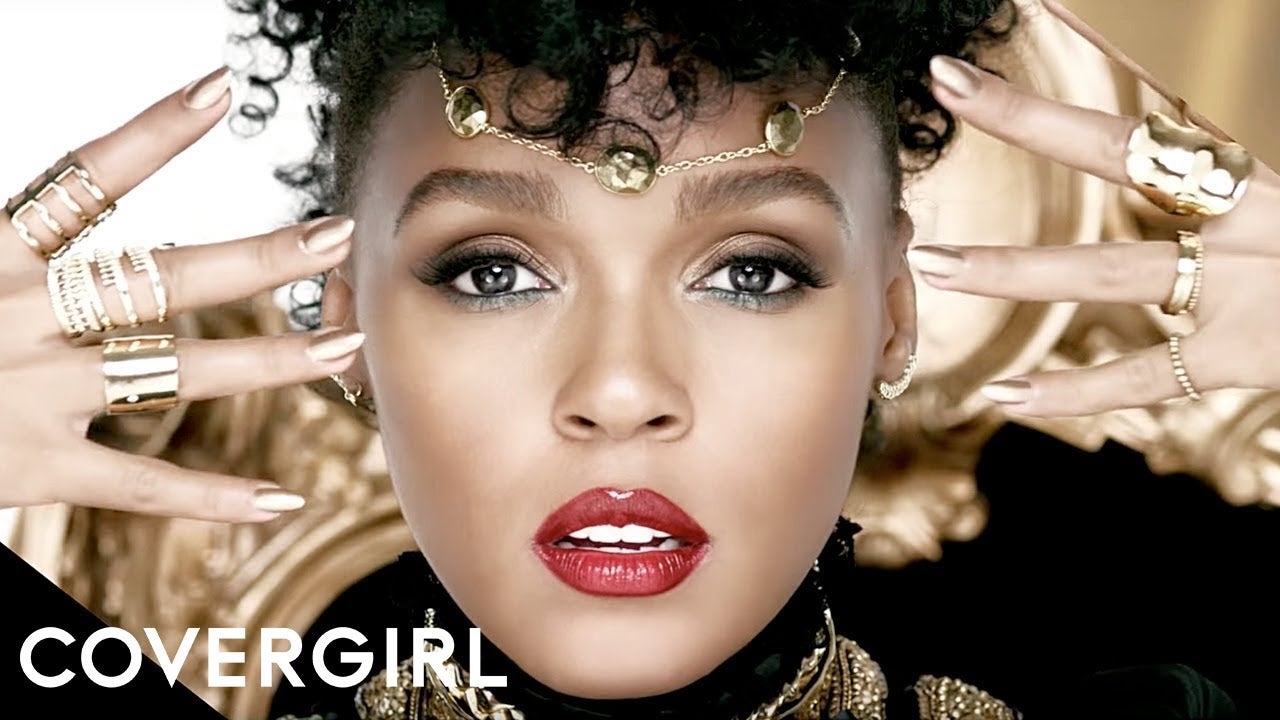
This week, BET premiered its digital series The Glam Gap with an episode exploring inclusivity in the beauty industry. Several beauty experts and industry insiders, including The Lip Bar Founder and CEO Melissa Butler, Global Beauty Director of ESSENCE, Julee Wilson, and VP of Communications at Nielsen, Mia Scott, weighed in.
They delved into the history of exclusion of Black women from the beauty conversation, and the social and financial implications that it has today, in addition to how it’s changing.
“The reality is my nude is not the same as my mother’s nude. My mother’s nude is certainly not the same as my sister’s nude. So even within a very small community like our family, we all require very different things,” said The Lips Bar’s Melissa Butler. “And I think it’s the responsibility of the beauty industry, and even a financial responsibility if you want your actual company to grow, to cater to that sort of woman.”
She’s known for skyrocketing her company to beauty success after a very public rejection on CNBC’s Shark Tank. She was chewed up like chum by the sharks, and still went on the transform her idea into a million dollar brand, despite not receiving any outside funding until this year.

The irony there is that Black people account for 15 percent of the lipstick purchased in this country, which amounts to roughly $43 million annually. Companies like The Lip Bar, Mented Cosmetics, and MFMG were founded with the intent to fill a void in the industry of lipsticks formulated for people with melanin rich skin.
“I think the market for Black women was ignored because you would then have to acknowledge that Black women are beautiful,” Butler continued.
It’s a fact not lost on the community. The episode also drops a handful of truths about the numbers, such as the fact that Black women spend 80 percent more on makeup due to trial and error color testing, as well as the need to blend colors to get proper shade matches.
And according to inclusive marketing expert Andrew McCaskill, Black women have the lion’s share of the decision making power in the household. So if brands truly want to grow financially, they do need to consider Black women, who are statistically known to have a higher rate of brand loyalty than their white counterparts.
“We see these capsule collections from some of the makeup brands and drugstore brands that’ll be focused around Janelle Monáe, Queen Latifah, Lupita, and we as a community get so excited about that type of effort. I’m like ‘Oh Janelle Monáe is on it, I’m buying five!’” said Mia Scott, Vice President of Communications at Nielsen.

“But I might fall in love with a shade in that capsule collection and it might become my favorite shade, and when I go back three months to replace it it’s gone,” Scott continued. “And that can erode trust in that particular brand.”
Where historically only brands such as Fashion Fair and IMAN Cosmetics made it their mission to serve Black women and other women of color, now we’re in a new era of beauty under The Fenty Effect. The Fenty Effect is a phenomenon in the industry where brands are now seemingly eager to cater to the multi-ethnic consumer. There’s a broader understanding of just how powerful the Black dollar is in the beauty industry, so brands are jumping on board the diversity and inclusion wagon. Unfortunately some often do it without knowing what it really means to be genuinely inclusive.
“If you ever wanted to start a beauty brand, or contribute to this conversation, now’s the time. I think the industry is waking up, and I think that they need to start to take notice, and it’s better for their bottom line if not just morally and ethically,” said ESSENCE’s Julee Wilson. “Everyone wants to be woke. Everyone wants the woke stamp of approval, but you have to do the work.”
New episodes of The Glam Gap premier Wednesdays at 3pm ET on BET Digital.